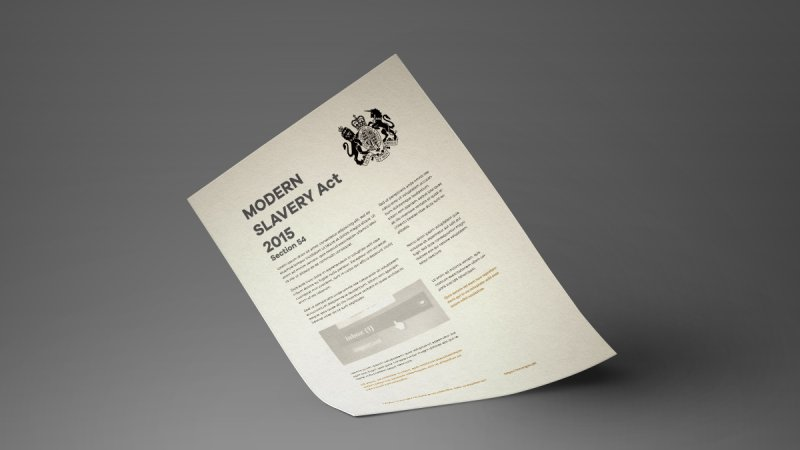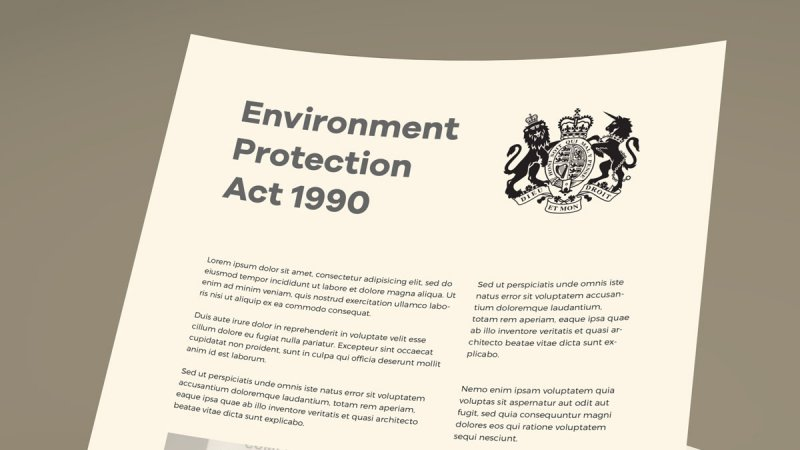What is an Employee Share Scheme?

Employee share schemes, also known as employee share purchase plans or employee equity schemes, give employees shares in the company they work for, or the opportunity to buy shares in the company. The point of them is to motivate staff with financial benefits if the company performs well. If the company does well, the staff […]
What is the Purpose of an Environmental Management System?

Our Environmental Awareness Courses Just as organisations have systems to manage finance, personnel and health and safety, it is equally important that they have an Environmental Management System (EMS) for managing environmental issues. What is the purpose of an environmental management system? All businesses should have an EMS that reflects the regulations and legislations applicable […]
What is the Modern Slavery Act?

Slavery was abolished in 1833 across the British Empire, however it is far from eradicated. In fact, it is estimated that 13,000 people in the UK alone are living in modern slavery. Modern slavery involves the exploitation of people and can come in a variety of different forms, including: human trafficking, labour exploitation, domestic servitude […]
What is a Conflict of Interest?

A conflict of interest is when an individual has competing interests or loyalties. They could have two relationships that might compete with each other for that person’s loyalties – this could be a conflict between loyalty to an employer and loyalty to a family member. The conflict of interest causes an employee to experience a […]
What is Section 54 of the Modern Slavery Act 2015?

Our Modern Slavery Courses Slavery is not a thing of the past, it is estimated that 40 million people around the world are trapped in modern slavery. Acts such as human trafficking and labour exploitation, both of which are forms of modern slavery, have infiltrated supply chains across the UK and the rest of the […]
What Insider Trading Laws are There?

Insider trading is the process of trading company stocks and shares by using non-public information about the company, otherwise known as insider information. Moreover, the huge development in internet usage has led to an acceleration in the speed that insider trading can occur – making it more difficult to control too. This may sound familiar, […]
What is the Environmental Protection Act 1990?

Our Environmental Awareness Courses The volume of environmental regulations has increased rapidly over recent years, meaning the need for a detailed understanding of the relevant legislation has become more important than ever. The Environmental Protection Act 1990 (EPA) succeeded the Control of Pollution Act 1974 (COPA) and introduced new regulations for improved management systems relating […]
What is Organ Harvesting?

Our Modern Slavery Courses Forced organ harvesting is a form of modern slavery where an individual’s organs are surgically removed for sale on the black market. Organ transplants are becoming increasingly commonplace. This is due to a multitude of advances: better seatbelts meaning less young road traffic deaths; safer transplant procedures; better post-transplant management. However, this […]
Is Insider Trading Illegal?

Insider trading is the process of trading company stocks and shares through using access to non-public information about the company, otherwise known as insider information. Moreover, the huge development in internet usage has led to an acceleration in the speed that insider trading can occur – making it more difficult to control. This may sound […]



